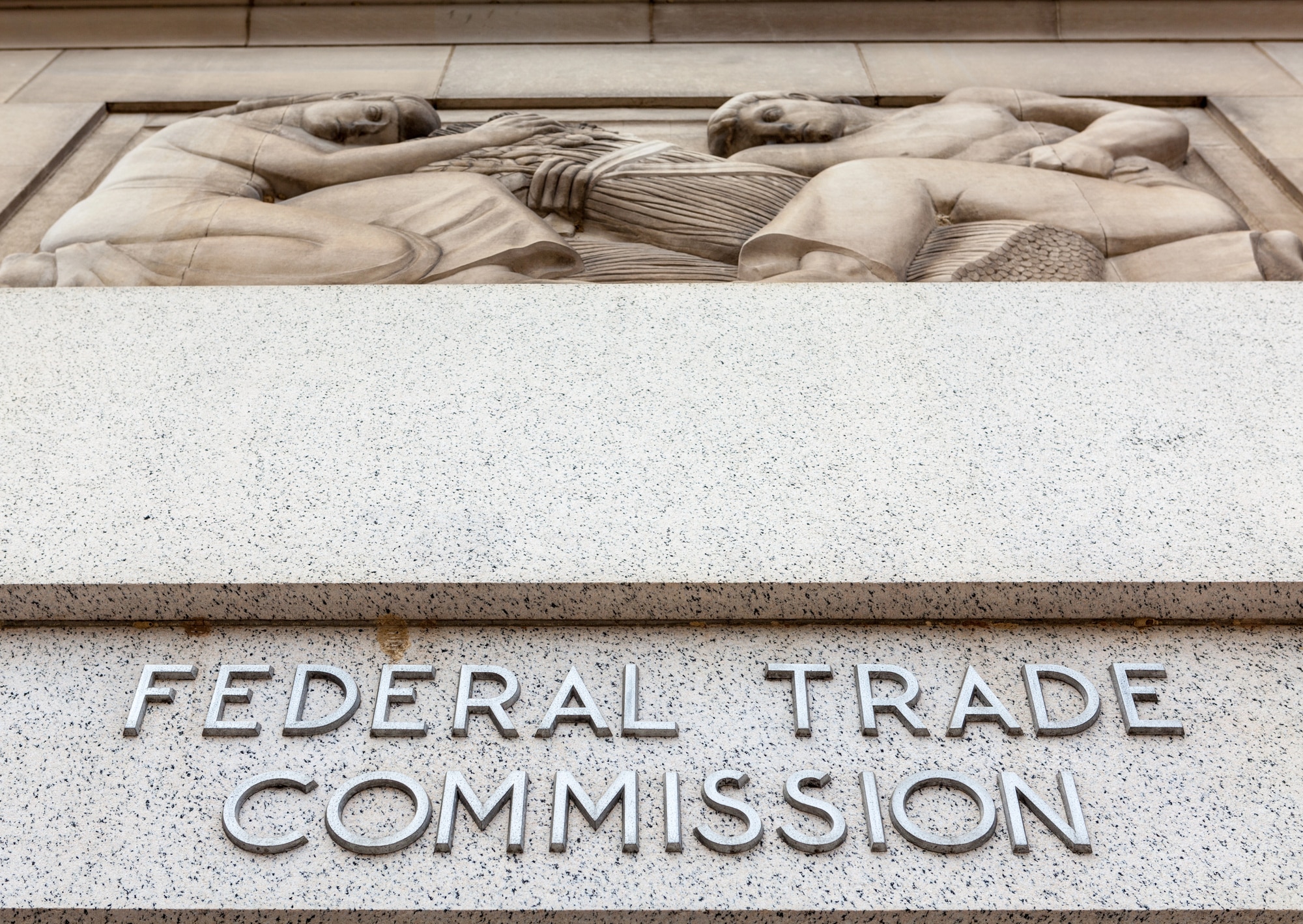On August 13, 2025, President Donald Trump signed an executive order repealing predecessor Joe Biden’s July 2021 executive order “Promoting Competition in the American Economy.” The Biden order called for greater enforcement of antitrust laws and other efforts to limit market concentration. The Biden order codified an approach to antitrust policy popularized by Biden’s Federal Trade Commission (FTC) Chair Lina Khan and head of the Justice Department’s Antitrust Division Johnathan Kanter. The result was a flurry of antitrust suits seeking to block mergers and acquisitions in businesses ranging from airlines to grocery stores to handbags to Big Tech.
Some progressives hoped—and some libertarians and free-market conservatives feared—that the Trump administration would maintain Biden’s approach to antitrust policy, albeit with a focus on conservative priorities like ending “Big Tech censorship.” Early actions by Andrew Ferguson, Trump’s pick to head the FTC, and Gail Slater, his pick to head the Justice Department’s Antitrust Division, seemed to confirm these both these hopes and fears. For example, the FTC and Justice Department continued their cases against META (parent company of Facebook, Instagram, and WhatsApp), and Alphabet (parent company of Google and YouTube).
Chair Ferguson and Assistant AG Slater also retained the 2023 Revised Merger Guidelines. These guidelines replaced the consumer welfare standard antitrust policy from the Ronald Reagan to Biden years with a “big is de facto bad” approach that justified government action to challenge almost any merger or acquisition. This approach explains why during the Biden years the government filed two and a half times as many antitrust lawsuits as were filed during either the first Trump or Barack Obama administrations. Some of the record number of cases brought during Lina Khan’s “reign of terror and error” at the FTC were brought even against the recommendations of the FTC’s professional staff.
One reason for this was that the chances of these lawsuits succeeding were very low. Chair Khan’s response to these concerns was that “there’s still a huge benefit to trying, since an unsuccessful lawsuit may help spur Congress to expand the agency’s antitrust authority.” According to a report from Public Citizen, the second Trump administration has ended one-third of all investigation and enforcement actions against “Big Tech.” However, the report does not specify how many of those cases were brought to “spur Congress to expand the agency’s antitrust authority,” rather than because antitrust laws were actually being violated.
While President Trump’s antitrust team has proven to be much more supportive of the free market than some libertarians and free-market conservatives feared (and some progressives hoped), they are far from ideal. Ferguson and Slater want to use government power to punish “woke” corporations and force businesses to serve conservative goals as the price for approving a merger or acquisition.
For example, the FTC’s approval of advertising company Omnicron’s acquisition of fellow advertising company Juniper was conditioned on forbidding the company from “discriminating” against political sites in determining where to place their clientss’ ads. This could drag their clients into political controversies that would cost them revenue. Judge Sparkle L. Sooknanan of the Federal District Court for the District of Columbia recently ruled that the FTC violated the First Amendment by launching an investigation into whether progressive group Media Matters had colluded with advertising agencies and other advocacy groups to organize boycotts of X/Twitter. In her opinion, Judge Sooknaanan wrote, “It should alarm all Americans when the government retaliates against individuals or organizations for engaging in constitutionally protected public debate.”
Those tempted to support the FTC because of Media Matters’ history of smearing anyone to the right of Senator Chuck Schumer (D-NY) should consider how this precedent could be used by a future Democrat-controlled FTC against conservative advertisers, websites, and social media platforms. President Trump’s executive order on “promoting competition” signals an end to the Biden-Khan-Kanter “war on business” and a return to a more restrained view of antitrust. This will benefit businesses of all sizes—as well as consumers and workers. Unfortunately Trump’s antitrust team is also harming the U.S. economy and the U.S. Constitution by using antitrust policy as a weapon to punish businesses for being woke. Hopefully, the recent court loss will cause the FTC and the Justice Department to stop using antitrust as an excuse to violate the First Amendment.































